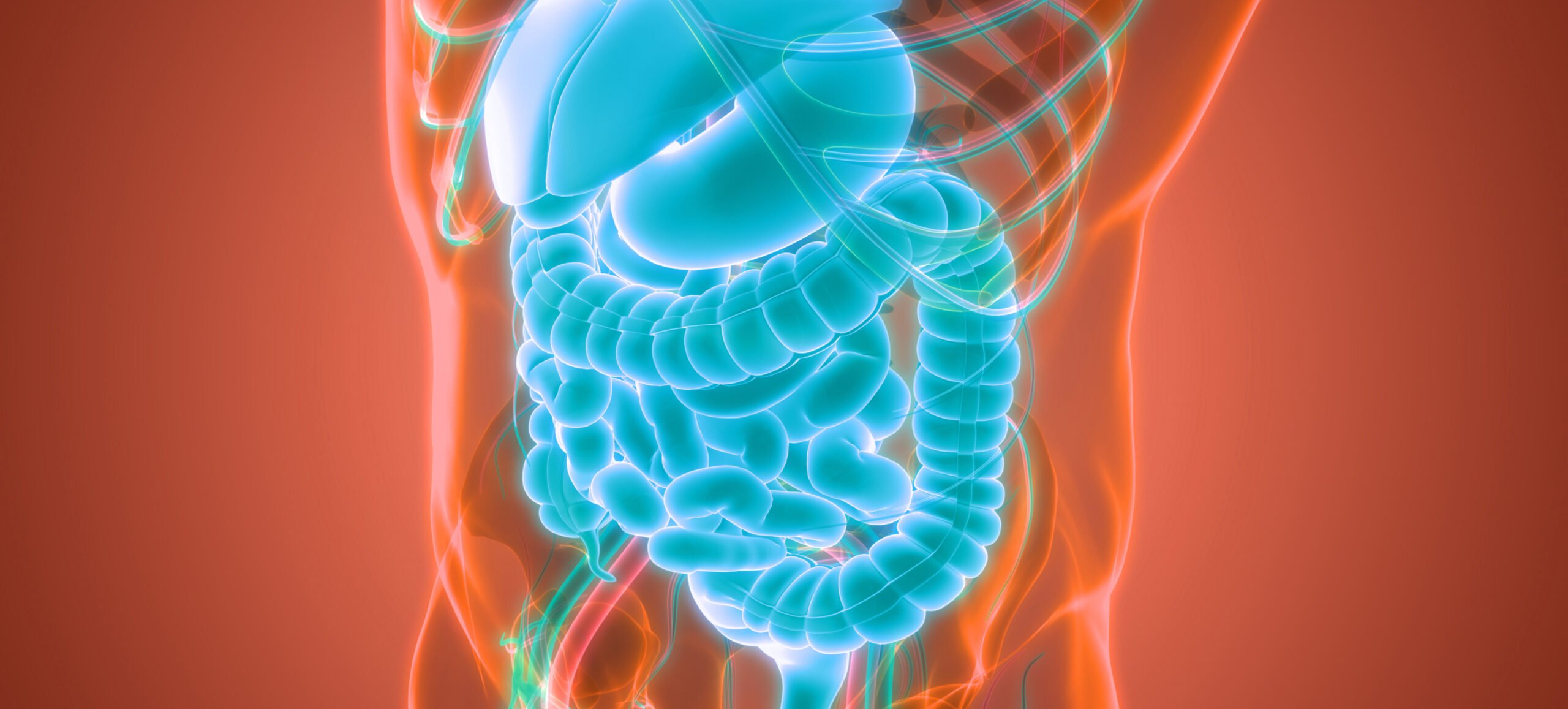At the hybrid event “CV Health Update 2023,” Prof. Isabella Sudano, MD, Senior Physician, Head of Cardiovascular Risk Factors, Department of Cardiology Heart Center University Hospital Zurich, presented the current clinical and scientific data on the new and emerging lipid-modifying LDL-C-lowering agents for cardiovascular prevention.
Despite extensive basic and clinical research, atherosclerotic cardiovascular disease (ASCVD) remains the leading cause of death worldwide. There is general agreement that low-density lipoprotein cholesterol (LDL-C) is the most important risk factor for atherosclerosis and plays a causal role in the development of ASCVD. Although effective and safe medications to lower cholesterol are widely available, circulating LDL-C levels still exceed optimal levels in the majority of the population. Therefore, primary prevention of ASCVD remains an elusive goal.
Statins are the standard of care for the treatment of hypercholesterolemia, and their efficacy in lowering LDL-C and reducing CVD risk in both primary and secondary prevention is well established. However, some patients do not achieve optimal LDL-C targets or do not tolerate statins. Bempedoic acid, inclisiran, PCSK9 inhibitors, and icosapent ethyl are new or future LDL-C-lowering agents that have shown promising results.
Bempedoic acid in patients with statin intolerance.
Bempedoic acid, an ATP citrate lyase inhibitor, lowers low-density lipoprotein (LDL) levels; its effects on cardiovascular outcomes were studied in a double-blind, randomized, placebo-controlled trial. In a mixed group of patients unable or unwilling to take statins for primary and secondary prevention, bempedoic acid was well tolerated. It lowered LDL-C by 21.7% and hsCRP by 22.2%, with a small increase in the incidence of gout and cholelithiasis. The primary end point, 4-component MACE, was reduced by 13%, 3-component MACE by 15%, myocardial infarction by 23%, and coronary revascularization by 19%. These results demonstrate that bempedoic acid is an effective approach to reduce severe cardiovascular events in patients with statin intolerance.
Inclisiran halves LDL-C levels
Inclisiran, an siRNA administered twice yearly, significantly lowered LDL-C in phase III studies. In addition, includeisiran significantly reduced the number of serious cardiovascular events (OR [95% CI] : 0,74 [0,58–0,94]), but not the number of fatal and nonfatal myocardial infarctions (OR [95% CI] : 0,80 [0,50–1,27]) and of fatal and nonfatal strokes (OR [95% CI]: 0,86 [0,41–1,81]). However, this pooled analysis provides preliminary insights into the potential cardiovascular benefit of LDL-C lowering with inclisiran and suggests a poetic benefit for reducing major cardiovascular events.
Long-term evolocumab treatment
In the FOURIER trial, the proprotein convertase subtilisin-kexin type 9 inhibitor evolocumab reduced LDL-C and cardiovascular event risk and was safe and well tolerated over a median period of 2.2 years. In an open-label extension study of the proprotein convertase subtilisin-kexin type 9 inhibitor evolocumab in 6635 patients with atherosclerotic cardiovascular disease who completed a randomized trial of evolocumab versus placebo, the incidence of relevant adverse events did not increase over time. Long-term treatment with evolocumab results in a greater reduction in cardiovascular events compared with delayed treatment initiation. These results underscore the effect of aggressive lowering of low-density lipoprotein cholesterol, which can still be observed at very long-term follow-up.
Effect of alirocumab on coronary atherosclerosis.
In a randomized clinical trial, in patients with acute myocardial infarction, subcutaneous biweekly injection of the PCSK9 inhibitor alirocumab in addition to high-intensity statin therapy resulted in a significantly greater reduction in the mean change in percent atheroma volume in noninfarct arteries at 52 weeks compared with placebo (-2.13% versus -0.92%). Favorable changes were also observed in key secondary end points, including a greater reduction in lipid load measured by NIRS and a greater increase in minimal FCT measured by OCT. Overall, early PCSK9 inhibition in the acute stage of myocardial infarction resulted in additional benefits in coronary plaque development, composition, and phenotype compared with the beneficial effects of intensive statin therapy alone.
The long way of lipoprotein(a)
Current evidence shows a causal, continuous association between Lp(a) concentration and cardiovascular events, including aortic valve stenosis, but not for venous thrombotic events, in different ethnicities. A meta-analysis of prospective studies shows that very low Lp(a) levels are associated with an increased risk of diabetes mellitus. In clinical practice, Lp(a) levels should be measured at least once in adults and the results interpreted in the context of the patient’s absolute overall cardiovascular risk, with early, intensified treatment of risk factors through lifestyle modification recommended.
Reduction of cardiovascular risk with icosapent ethyl
Icosapent Ethyl (IPE) is a highly purified and stable EPA ethyl ester that has been shown to lower triglyceride levels. In the REDUCE-IT study, IPE (4 g/d) reduced the primary endpoint by 25% (p<0.0001). Patients with recent ACS (<12 months) are at very high risk for future cardiovascular events and receive intensive antithrombotic therapy. A post-hoc REDUCE-IT analysis examined the first and overall primary end points in patients with recent ACS. IPE significantly reduced the risk of the first and total ischemic events in patients with recent ACS without increasing the bleeding rate.
Source: CV Health Update 2023: Hypercholesterolemia – Strengthening Cardiovascular Prevention with Lifestyle Modifications and Preventive Medications. Zurich 20.04.2023.
CARDIOVASC 2023; 22(2): 49











